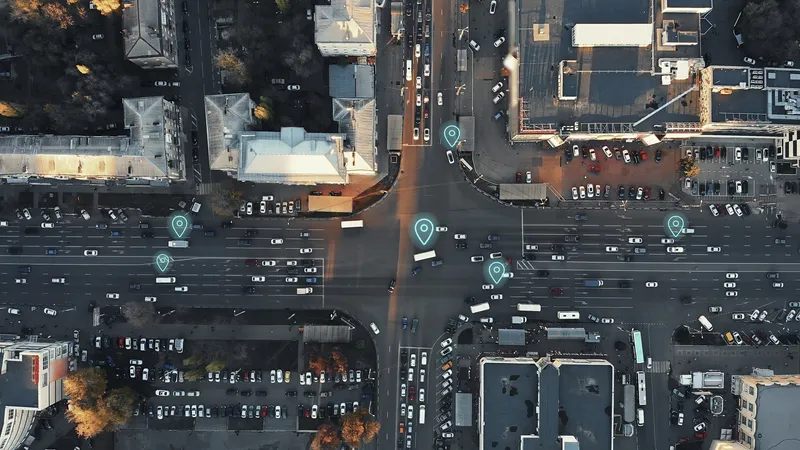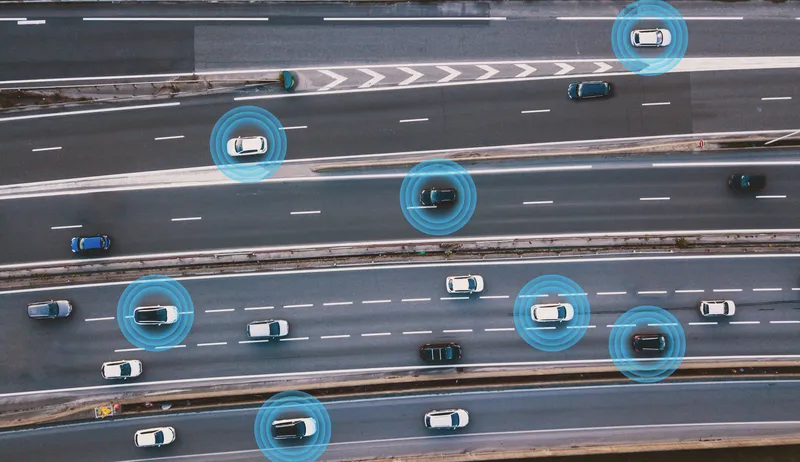Hyundai Motor Company and technology firm Autotalks intend to develop a new vehicle-to-everything (V2X) chipset for connected cars to help improve vehicle and road user safety.
Through the strategic partnership, Hyundai will also seek new business opportunities for smart city infrastructure. V2X delivers information to drivers of manned vehicles through alerts and notifications. In addition, the technology works with an autonomous vehicle’s existing sensors to make more informed decisions and ease
July 4, 2018
Read time: 1 min
Through the strategic partnership, Hyundai will also seek new business opportunities for smart city infrastructure.
V2X delivers information to drivers of manned vehicles through alerts and notifications. In addition, the technology works with an autonomous vehicle’s existing sensors to make more informed decisions and ease interaction with other road users.









